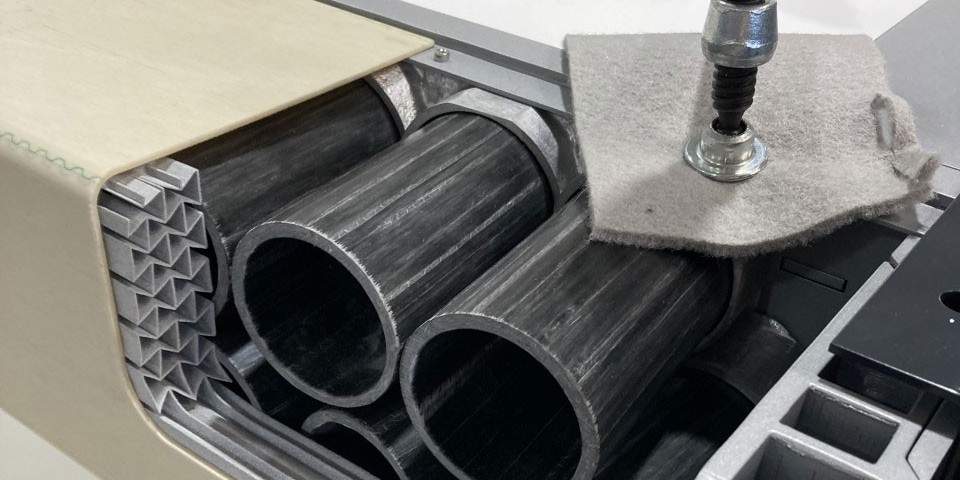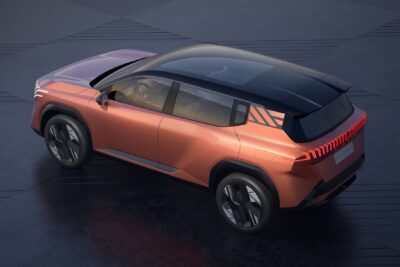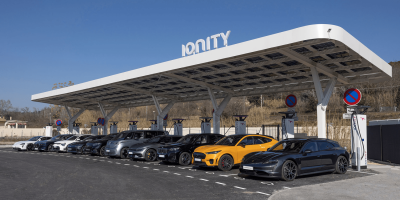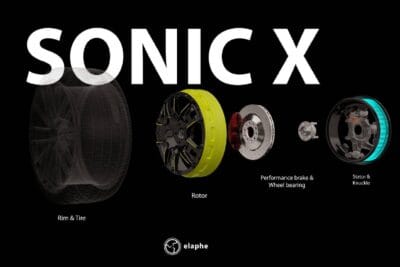German researchers aim to make reusable EV components
In the KOSEL project, the Fraunhofer Institute IWU and partners have developed an open-source construction kit for electric vehicles that contains particularly durable and reusable modules. This should allow certain parts to be used over several vehicle life cycles.
Specifically, the project initiators have developed the basic concept for a light electric utility vehicle with a gross vehicle weight of 3.5 tonnes, whose components are entirely modular. The three main modules – front end, battery box and rear end – are connected via fixed interfaces so that they can be exchanged with little effort. The participants intend to present a demonstrator at the Hanover Fair from 17 to 21 April.
“With this closed-loop modular system, it is possible to replace individual or complete vehicle components. Consequently, the bulk of the vehicle components will have a longer service life. Repair costs are reduced, and the vehicle can be run economically for longer,” explains Patryk Nossol, a researcher in the Systems and Technologies for Textile Structures (STEX) department at Fraunhofer IWU in Zittau. The EV platform has been designed and prototyped for a service life of up to 30 years and a mileage of up to one million kilometres in changing application scenarios.
Against this background, durable materials are important, which are mainly used in highly stressed areas that are intended for multiple reuse. The project team is focusing primarily on carbon fibre-reinforced plastics (CFRP). “Admittedly, these materials have a comparatively high CO2 footprint in production. However, when used correctly, they make up for this through their low mass and, not least, their extraordinary fatigue strength over long periods of use. CFRP is the preferred alternative when these hidden assemblies are used over more than one life cycle, as they are in this concept,” says Nossol.
The KOSEL mobility concept primarily addresses fleet vehicles with a middling number of units. The prerequisite, however, is the establishment of a circular value chain that can check individual components after the first life cycle and revise them if necessary, they say. And “the concept is intended to serve as a model and spark other similar developments in the mobility industry. Most notably, having a fully developed, closed-loop electric vehicle platform as a standard solution can reduce development costs and risks. The open-source interfaces will also make it appealing for suppliers to offer suitable standard components,” summarises the Fraunhofer Institute.





0 Comments